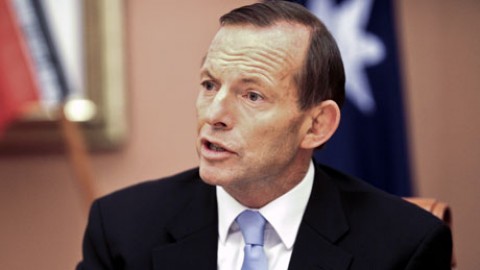This is Scotland’s grandest demand from England in the history of the state
London: The Scottish National Party, third largest in the the United Kingdom, has called for the abolishment of the House of Lords, which forms one of the houses of the UK government. It comes after the party, which was hugely victorious in the recently held elections. A poll shows that nearly 67% of the Scottish population backs this demand. This further straight the relationship between Britain and Scotland, an alliance which has been surviving under tension for a while now.
The House of Lords is an unelected body of the government and has often been accused of being undemocratic in nature. The members of the House are appointed by the Queen under the consultancy of the British Prime Minister. In August this year, PM David Cameron chose 45 new peers for the same, taking the total number of members to 826, which is four times the size of the available space of accommodation in the House. The peers are eligible to receive between £150-£300 per day, only for attending the House, which costs the average tax-payer around £2million annually.
The SNP, who is responsible for 50 out of 58 seats in the Parliament has also called to the Labour Party, the second largest in the state, to support the decision and to cease sending in peers for the House. “The SNP will refuse to send SNP peers to the House of Lords. The unelected, undemocratic chamber is now the second largest in the world with no public accountability”, stated NP spokesperson on the House of Lords MP Kirsty Blackman MP.
Adding to the statement, she said, “The House of Lords is perhaps the single most ridiculous and absurd legislature in the world, a repository for cronies and donors of the UK parties. An unelected chamber has no place in a modern society and it’s unsurprising that this latest poll reveals that the overwhelming majority of people want to see it abolished,” showing the Scots’ disdain at the functioning of the House of Lords.
The House of Lords came into existence in the mid 14 th century in Britain , along with the House of Commons, which was formed by elected members from the cities. Archbishops, bishops, abbots, priors and noblemen became part of the House of Lords. A decision is soon to be made.
Source: The Times of India
Author: Khushi Desai









